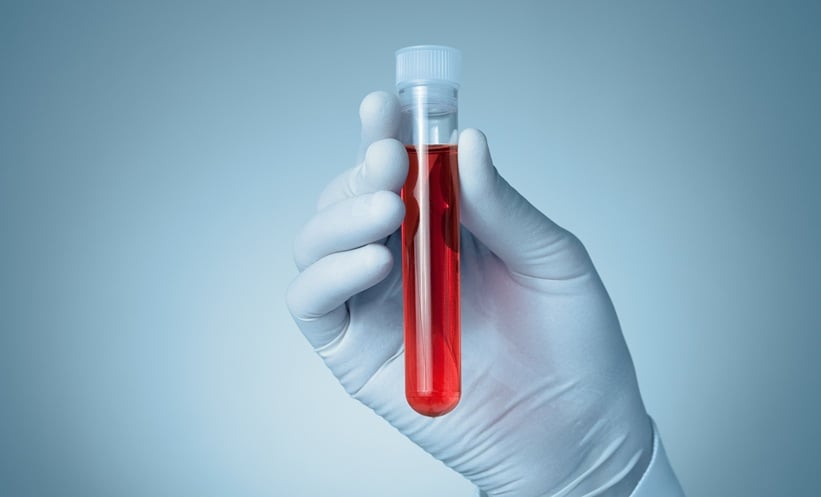A NEW study has identified non-invasive biomarkers that could help distinguish between uncomplicated and complicated appendicitis, potentially improving early diagnosis and treatment decisions for patients with acute appendicitis.
Researchers at a tertiary care hospital analysed data from 3,045 patients diagnosed with appendicitis between 2018 and 2022, using laboratory and imaging results to assess differences between uncomplicated cases and more severe cases that required urgent intervention.
The study found that Red Cell Distribution Width (RDW) and Mean Platelet Volume (MPV) were significantly higher in complicated appendicitis, cases that involved perforation, abscess formation, or gangrene, compared to uncomplicated cases. RDW had an 85% sensitivity and 75% specificity, while MPV showed 80% sensitivity and 70% specificity in identifying complicated cases.
Additionally, appendix diameter was a strong predictor, with an optimal cutoff of 10 mm distinguishing between the two types. Male patients were also found to be at a slightly higher risk of complicated appendicitis.
The findings suggest that a combination of RDW, MPV, and appendix diameter could serve as a reliable method for early risk assessment. This approach may help reduce unnecessary surgeries, prioritise urgent cases, and ensure more effective patient management.
The study highlights the potential for biomarker-based diagnostics to complement traditional imaging and clinical evaluations, offering faster and more accurate differentiation between appendicitis cases.
Aleksandra Zurowska, EMJ
Reference
Torun M et al. Utilizing non-invasive biomarkers for early and accurate differentiation of uncomplicated and complicated acute appendicitis: a retrospective cohort analysis. Sci Rep. 2025;DOI: 10.1038/s41598-025-90591-2.








